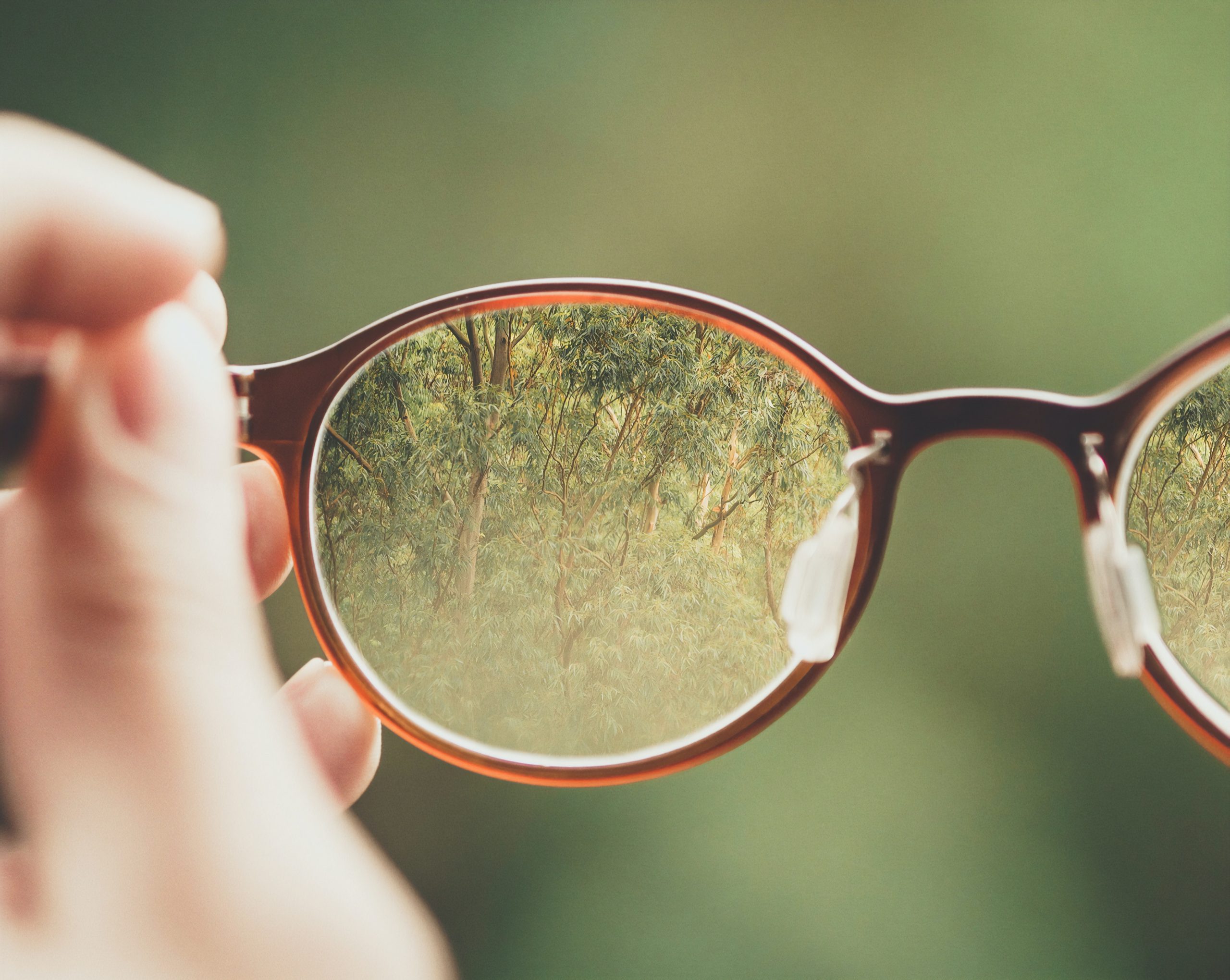Over the years, I’ve pinpointed the source of most anxiety to uncertainty; a fear of the unknown. I’ve noticed this to be true in my own life, as well as in the lives of others.
It’s that feeling of, “I don’t know what’s going to happen.”
Why do we feel a sense of certainty at times, and a sense of uncertainty at other times?
When traveling to a new place and things aren’t going according to plan, that knot in my stomach would start to form. Any number of possibilities seemed just as likely:
- Is my accommodation going to be what I paid for?
- Am I going to make my flight?
- Will I be taken advantage of as a foreigner?
Why don’t these fear-filled thoughts pulse through my mind on a week when I’m at home? Well, of course, if I’m at home then these concerns are senseless. If I’m at home, I know where my bed will be — exactly where it always is. No surprises there. There’s no flight to worry about catching or missing, and I’m not a foreigner to be taken advantage of.
Everything is certain. Right?
Wrong.
Nothing is certain until it has happened.

How can we ever be certain that something will happen?
We can’t. Unless we’re psychic. Personally, I’m not.
I can’t be certain that I’m going to sleep in my bed tonight. There’s always the possibility that my house will go up in flames or someone will break in and rob everything I own. There’s the chance that something happens to me and I don’t make it back home.
However, I don’t generally live in fear that these things will happen. I can feel fairly confident that they won’t happen.
But why?
There are a few factors, but the main reason I can feel confident that these things won’t happen is that they haven’t happened before.
We’re all experiencing life in the present and anticipating the future based on what we’ve gone through in the past.
Someone who has been robbed before will be more alert to the potential of being robbed than someone who hasn’t. A person who’s been the victim of a fire will be more concerned by the possibility of another fire than someone who’s never experienced such a thing.
The majority of days we’ve experienced haven’t brought us great pain or tragedy. The majority of days have been a certain way.
And that certain way starts to formulate our model of “certainty.” Because most days in the past have been like x, then most days ahead will also be like x.
The harm with this way of thinking is that it equates predictability to certainty.
The above framework does not depict certainty. It is an example of predictability. Because of our past experiences, we can predict what future experiences will be like. And many times, especially when we plan for our tomorrows to look like our yesterdays, we’ll be correct!
When we experience something we’ve never done before, such as traveling to a new place, starting a new job, entering a pandemic, or any number of other new endeavors, we lose the benefit of predictability. We have little to no past experiences to help us shape our vision of the imminent future.
This is what leads to anxiety caused by uncertainty. This is, in other words, the fear of the unknown. And it is this fear that keeps many people in their bubble of comfort. They fear branching out because it could bring some unimaginable hardship.
But it is in these uncharted waters where we experience the most personal growth. It is only in a new setting — with a new set of challenges — that we develop new skills.
And it is only in a predictable setting that we may feel 100% confident, safe and secure, because we have a false sense of “certainty” about what will happen next.
We never know what will happen next, regardless of how well we can predict it.
Predictability is not certainty. No matter how predictable the future is, it is never certain.
Imagine waking up every day and knowing exactly what will happen. Life would become excruciatingly boring. We would quickly start to crave uncertainty, because it’s the spontaneity, adventure, and unknown that keeps us curious. It’s our curiosity that keeps us learning and growing.
Appreciate predictability in moderation. It’s healthy for some parts of life to feel “certain,” safe, and secure.
Embrace the consistent uncertainty of the future. Uncertainty is what makes you a painter, and your future, a canvas.
The whole future lies in uncertainty: live immediately.
Seneca, On The Shortness of Life: Life is Long if You Know How to Use It
